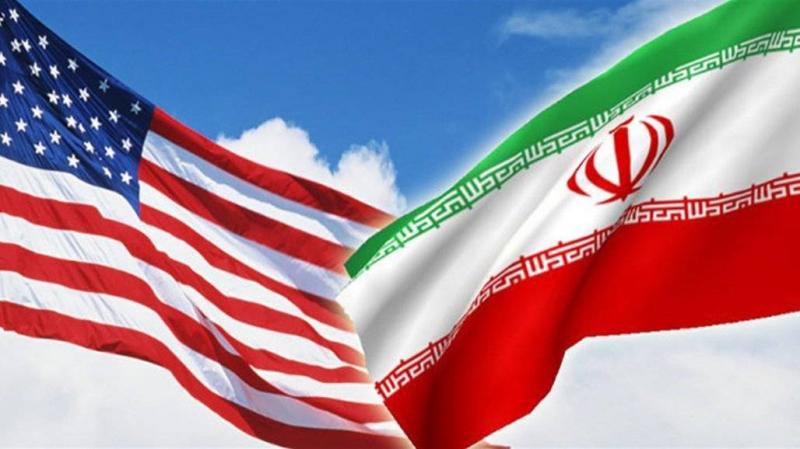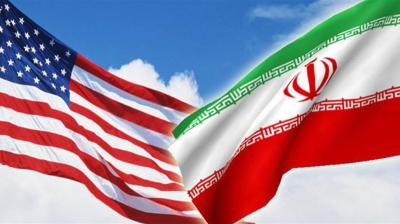The United States announced today, Thursday, that if Iran wants to ease sanctions beyond what is stipulated in the 2015 Iranian nuclear deal, referring clearly to excluding the Islamic Revolutionary Guard Corps (IRGC) from the U.S. terrorism list, it must address American concerns that go beyond those covered by the agreement. A spokesperson for the U.S. State Department stated, "We will not negotiate publicly, but if Iran wants to lift sanctions significantly more than what is outlined in the Joint Comprehensive Plan of Action (nuclear deal), it must address our concerns beyond (those addressed by) the agreement."
The spokesperson added, "Conversely, if they do not wish to use these discussions to resolve other bilateral issues outside the Joint Comprehensive Plan of Action, we are confident we can quickly reach an understanding on the plan and begin reinstating the agreement... Iran must make a decision." The U.S. spokesperson was responding to a senior Iranian official who had earlier said that Iran would not abandon its plans for revenge for the U.S. assassination of Quds Force commander Qassem Soleimani in 2020, despite "regular offers" from Washington to lift sanctions in exchange for concessions.
The Quds Force is the foreign espionage and quasi-military arm of the Iranian Revolutionary Guard, which controls allied militias abroad. The Trump administration designated the IRGC on the State Department's list of foreign terrorist organizations in 2019, marking the first time Washington officially classified another country's military as a terrorist group.
The State Department spokesperson emphasized that "in the event of any return to the Joint Comprehensive Plan of Action, the United States will retain its strong tools and will use them vigorously to confront Iran's destabilizing activities and its support for terrorism and terrorist proxies, especially with respect to the IRGC."
A senior Israeli official revealed on Wednesday that U.S. officials had informed their European counterparts that Washington does not intend to remove the IRGC from the terrorism list as part of the nuclear negotiations in Vienna, Austria. The official stated that the Biden administration is still considering removing part of the IRGC from the terrorism list "while keeping its Quds Force on the list," according to an unnamed official reported by the "Times of Israel."
Furthermore, it was noted that the nuclear talks between Iran and major powers are currently stalled, largely due to Tehran's demand for Washington to delist the IRGC from the terrorism list. It is mentioned that the Biden administration is contemplating lifting sanctions imposed on the IRGC while keeping the Quds Force on the terrorism list, according to a new proposal circulated in the U.S. Congress, as reported by the "Washington Free Beacon." This proposal removes the classification of the IRGC from the terrorism list in exchange for keeping its Quds Force, a smaller unit primarily fighting abroad, on the U.S. terrorism list to compensate for this move.
Estimates circulated suggest that sanctions would be lifted from approximately 80,000 to 180,000 IRGC members, while only the Quds Force, consisting of 20,000 Iranian fighters, would remain on the list. It is noteworthy that the issue of removing the IRGC from the U.S. terrorism list had surfaced weeks ago, posing a significant hurdle for negotiators in Vienna, particularly as the Biden administration faces intense pressure in Congress not to remove it from the terrorism list.
Some sanctions also remain one of the obstacles to reaching a final agreement between Iran and the three European countries (France, Britain, and Germany), alongside Russia, China, and the U.S., which have participated indirectly in the marathon negotiations that began in April of last year in the Austrian capital.




